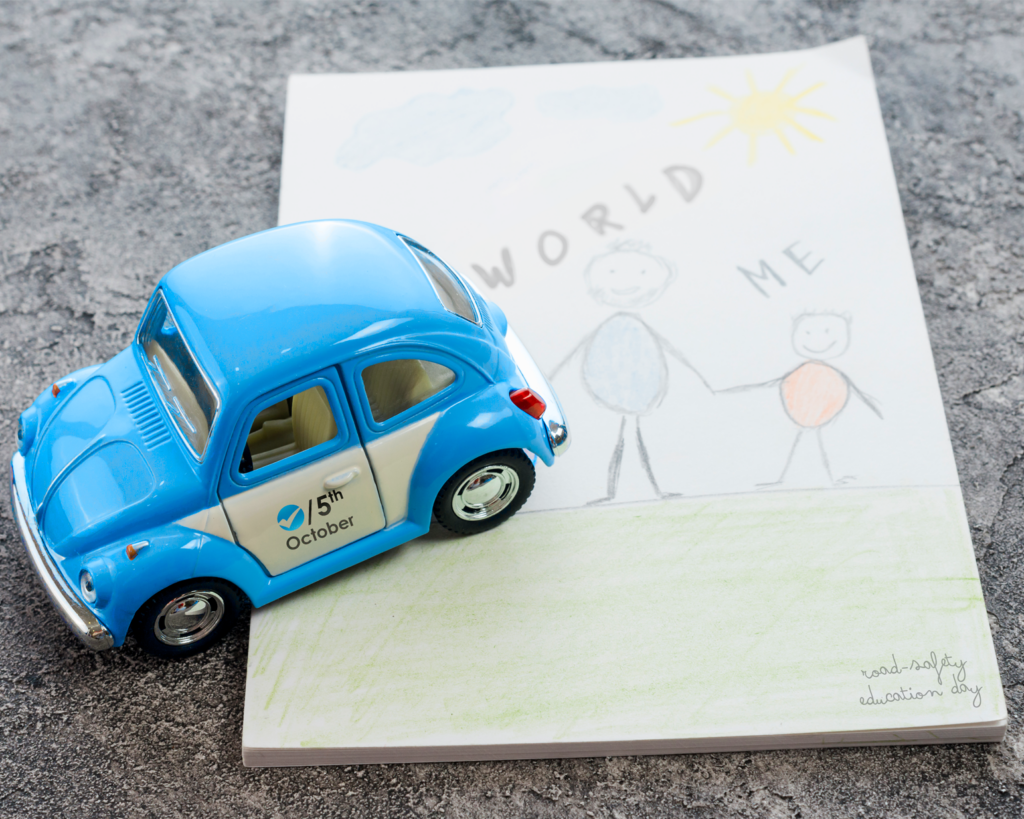In the framework of the International Day of Road Safety, from Ryme Worldwide We would like to emphasise the importance of educating children about road safety from an early age. The first years of life are the ideal time to instil essential values regarding respect and care for both oneself and society. Road safety education for children is not only crucial to protect the youngest children, but also to train responsible drivers, cyclists and pedestrians of the future.
Why road safety education is important from a young age
Childhood is a time when children are particularly receptive and curious. What they learn during these years is deeply engraved in their minds and has a lasting impact on their behaviour. It is therefore essential that they internalise the importance of respecting traffic regulations and adopt safe attitudes towards traffic. However, it is not just a matter of memorising rules: The goal is for children to understand and practice road safety in their daily lives.
The power of play in road safety learning
One of the best ways to teach road safety to children is through play. Learning through play not only makes the process more entertaining, but also more effective. When children experience positive emotions while learning, the knowledge becomes more deeply fixed in their memory. Games can include road crossing drills, activities in traffic education parks, or even educational applications that allow them to interact with virtual traffic signs..
By turning learning into a game, children not only have fun, but also begin to understand the dangers of traffic and how to navigate safely in their environment. At Ryme Worldwide we support the use of playful resources for teaching road safety, as they help create long-lasting road awareness.
The role of adults: parents and educators
Children learn a lot by observing the adults around them, so the example of parents and educators is vital. If children see adults crossing the street safely, respecting traffic lights and signs, they will tend to imitate those behaviors. That is why adults have a double responsibility: Not only must they follow traffic rules, but they must also reinforce this learning in the little ones.
Collaboration between families and schools is key to the success of road safety education. Schools can organize workshops, drills and activities that allow children to learn in groups, reinforcing knowledge and making it a shared experience.
The role of the technical inspection of vehicles (ITV)
In addition to road safety education, safety on our roads is reinforced thanks to the Technical Inspection of Vehicles (ITV). In Worldwide GroupAt Vehicular Traffic Inspection (ITV), we are committed to road safety through the development of technologies and equipment that ensure that vehicles on the road are in optimal condition. The ITV plays a crucial role in preventing accidents by detecting possible technical and mechanical faults that could put both drivers and pedestrians at risk. A vehicle in good condition is a key element in ensuring that road safety regulations can be effectively met.
Basic rules that children should learn
It is important that children learn a series of basic rules from an early age that help them move safely in their environment. These rules include:
- Cross the street only at pedestrian crossings and look both ways before doing so.
- Respect traffic signs, such as “stop” or “yield.”
- Use seat belts and travel in the back seats of the car.
- Identify safe areas to play, away from traffic.
- Respect the traffic lights and wait until they turn green before crossing.
Towards a safer road future
At Ryme Worldwide we believe that road safety education is a fundamental pillar for building a future with fewer accidents and greater road safety awareness. Investing in the education of the youngest children is laying the foundations for a safer and more responsible society on the roads. Let us commit to effective road safety education that teaches children to move with confidence and responsibility, always respecting the rules.



